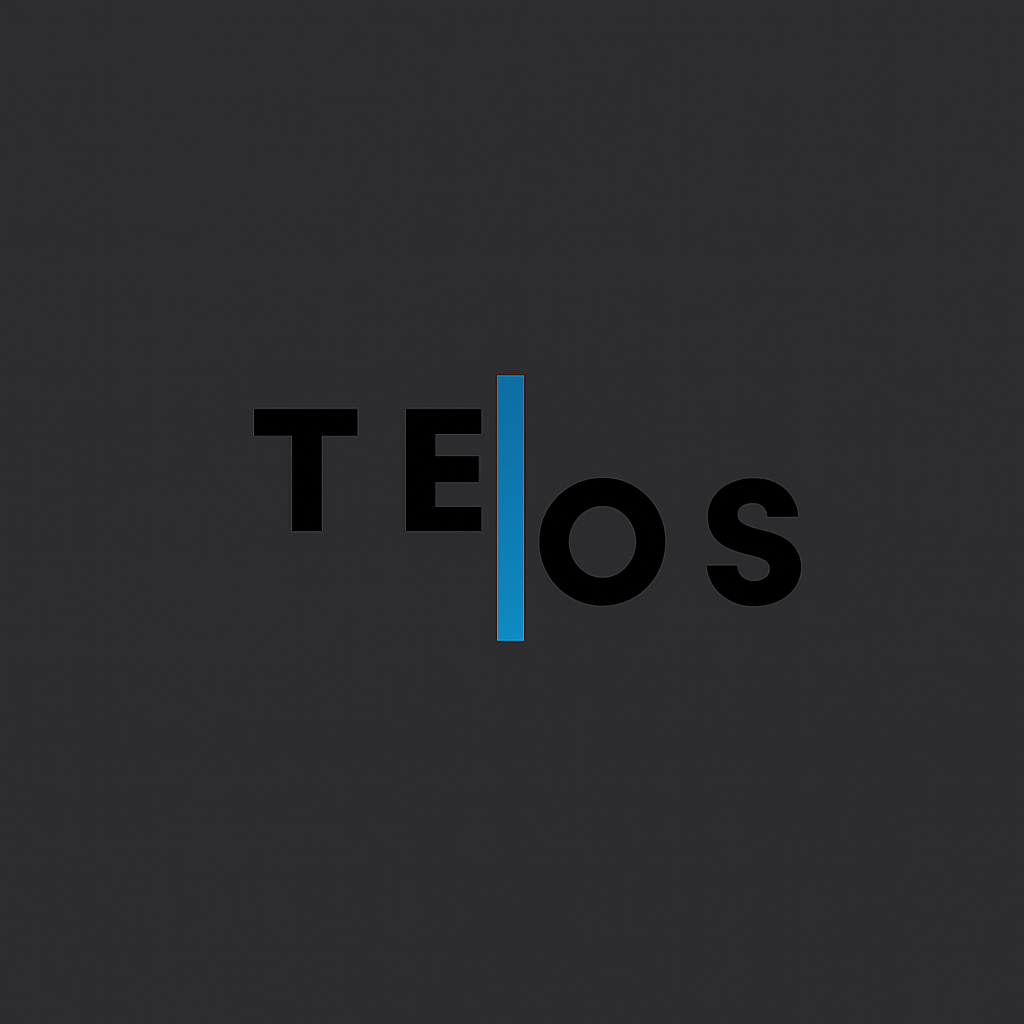TELOS
Our mission is to empower people through online training
We are committed to creating and
continuously improving effective learning methods

National Statistics
In a recent national survey, 31% of caregivers reported difficulty coordinating care across various providers, up from 23% in 2015
According to available data, a significant portion of providers who work with individuals diagnosed with intellectual or developmental disabilities have received limited to no specific behavioral health care training, with many reporting receiving only a few hours of dedicated education on the topic
According to available data, a significant portion of providers who work with individuals diagnosed with intellectual or developmental disabilities have received limited to no specific behavioral health care training, with many reporting receiving only a few hours of dedicated education on the topic
1:31
Children are diagnosed with autism
16 million/3-5%
people live with intellectual and developmental disabilities
11%
live independent and own or lease a home
9%
of people with IDD live in a facility, nursing home, or institution
45%
of respondents with IDD engaged in dangerous, destructive, or disruptive behaviors
178%
increased prevalence since 2000
60%
of people with IDD live with family members
16%
of people with IDD live in group homes
39%-52%
of people with IDD have co-occurring mental health conditions
23.2%
of the 45% of respondents needed support specifically for self-injurious behaviors
Ready to get started?
Stay updated | Stay current | Stay connected
Enter your email for early access.
Our team will get in touch with you for a personal onboarding.

